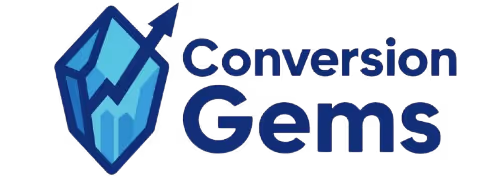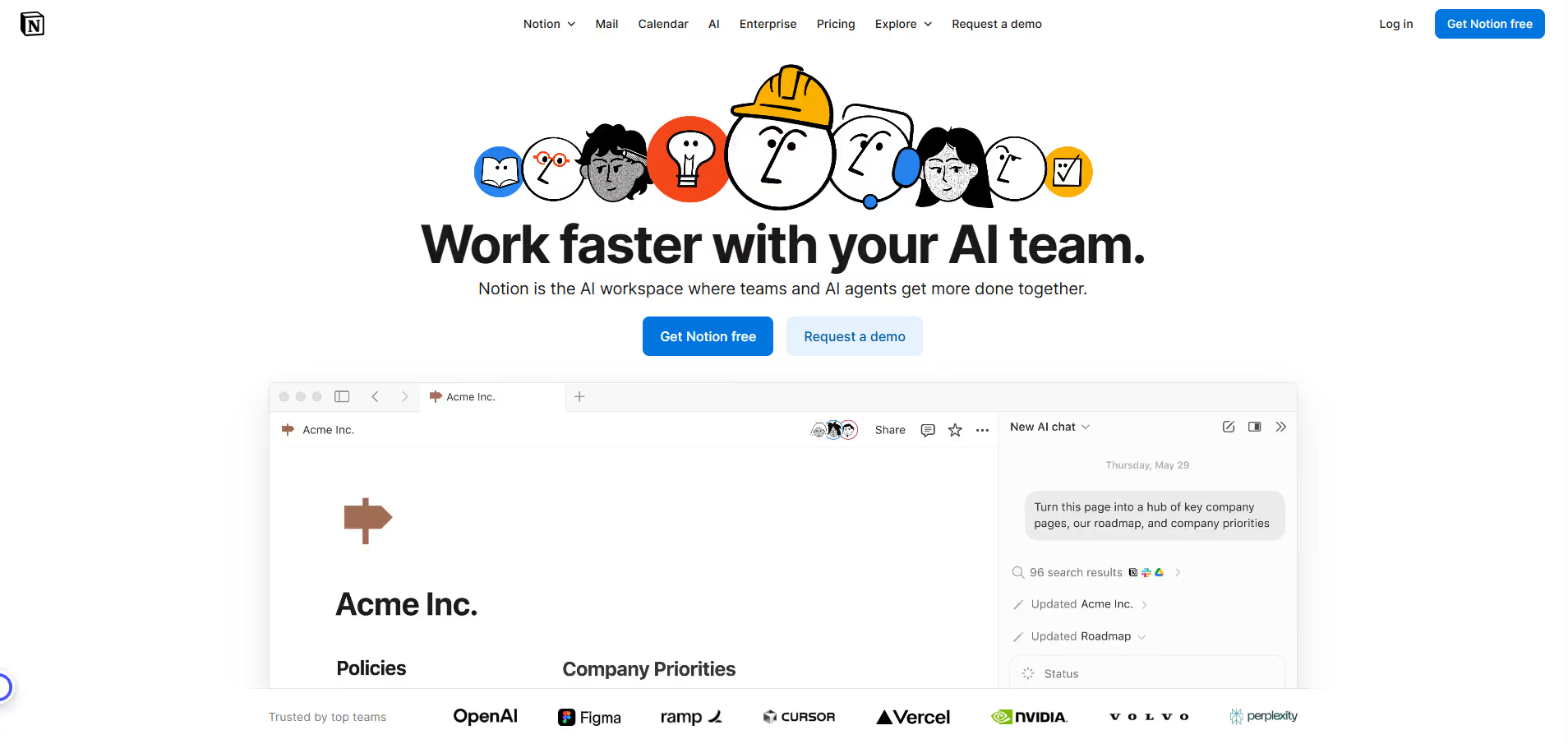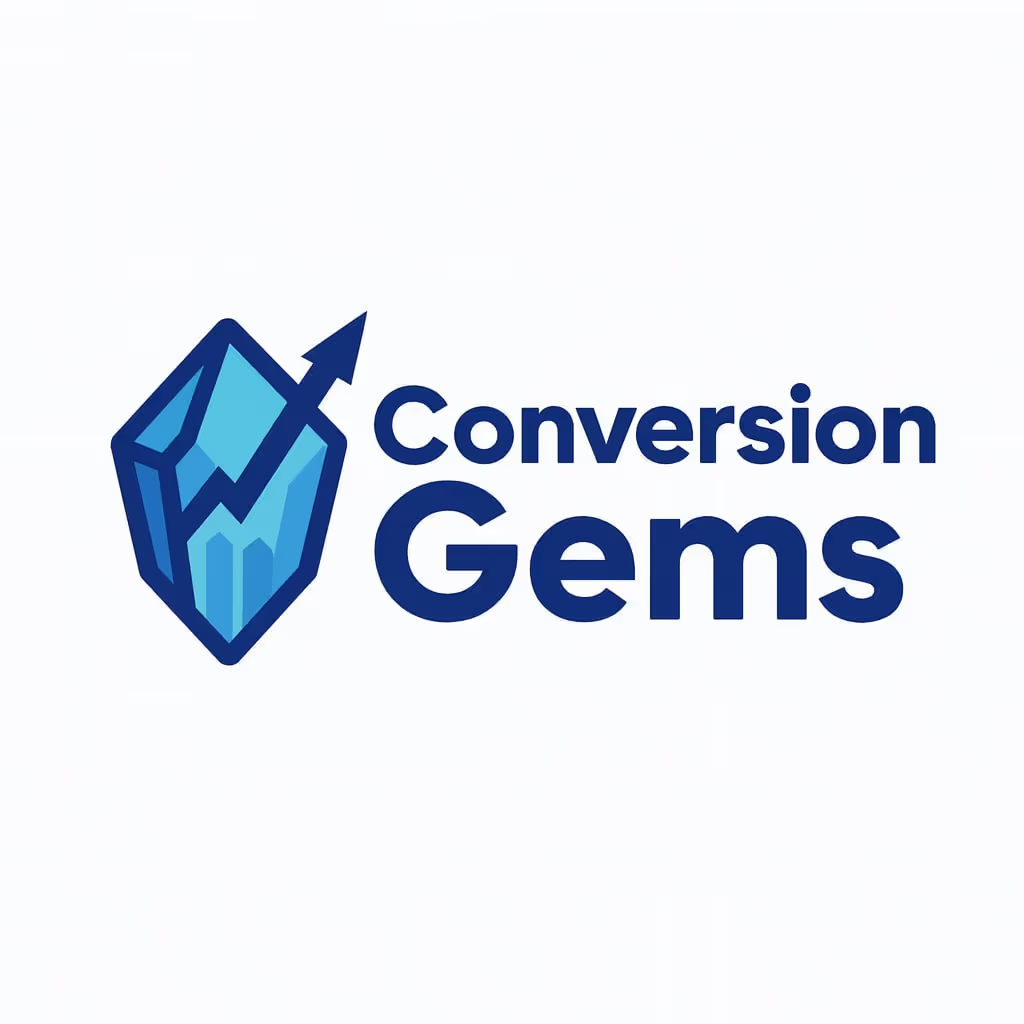Notion
Description
Key Applications
- Personal Organization: Managing tasks, notes, habits, and personal wikis.
- Team Collaboration: Sharing documents, running meetings, and coordinating team projects.
- Project Management: Tracking tasks, deadlines, and progress with customizable boards and timelines.
- Knowledge Management: Building internal wikis, documentation, and searchable information repositories.
- Database Creation: Designing flexible databases for CRM, content calendars, or inventory tracking.
Who It’s For
Pros & Cons
How It Compares
- Versus Google Docs: Notion offers superior database functionalities, project management tools, and a structured wiki approach, whereas Google Docs excels in real-time collaborative document editing for standard text files.
- Versus Asana: Notion provides a more integrated solution combining notes, wikis, and databases alongside project management, while Asana is primarily focused on task and project management with strong reporting features.
- Versus Confluence: Notion boasts a more modern, intuitive interface and greater flexibility in page design and database creation compared to Confluence, which is deeply integrated with the Atlassian suite and strong in enterprise-level documentation.
Bullet Point Features
- Block-based editor for versatile content creation. Customizable databases (tables, boards, timelines, calendars, galleries, lists).
- Real-time collaboration and commenting. Templates for various use cases (notes, projects, wikis).
- Extensive integrations with other applications. Offline access and cross-device synchronization. Robust search and filtering capabilities.
Frequently Asked Questions
Find quick answers about this tool’s features, usage ,Compares, and support to get started with confidence.

Notion is an all‑in‑one workspace for notes, tasks, databases, and collaboration. Instead of using separate tools for documentation, project management, and knowledge sharing, Notion lets individuals and teams create a flexible and organized system where notes, tasks, wikis, and databases all live in one platform.

Notion allows users to build custom pages, databases, boards, calendars, and lists that fit their workflow. Teams can structure projects, track tasks, maintain documentation, and link related content together, reducing the need to switch between multiple apps and improving efficiency and clarity across workflows.

Notion includes real-time collaboration, comments, mentions, task assignments, shared workspaces, templates, and databases. Users can create wikis, track projects, share resources, and organize knowledge collaboratively, making it easy for teams to stay aligned and access information quickly.

Yes — Notion supports integrations with tools like Slack, Google Workspace, Figma, Trello, GitHub, Zapier, and more. These integrations help streamline workflows, automate processes, and connect Notion to the other apps your team uses daily.

Notion is ideal for teams, knowledge workers, students, and organizations who need a flexible, centralized workspace. Users can expect enhanced organization, improved collaboration, easier knowledge management, and customizable workflows, allowing teams to manage projects, documentation, and tasks efficiently within a single platform.





.avif)




